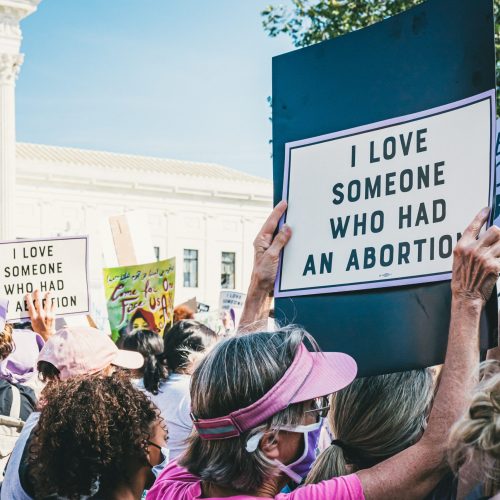With every new year comes new intentions and as much as we hate to admit it, no results to show for it. Sticking to New Year resolutions is for some reason close to impossible. But we have an idea why we can’t always stick to our (usually unattainable) goals.
You see, walking the walk when it comes to achieving a self-appointed goal is always kind of difficult. A study led by Strava revealed that most people are likely to ditch their New Year’s Resolution as early as January 19, which is only a little over two weeks since they were initially set. The phenomenon is so common that the research group actually decided to name that day “Quitter’s Day”. Not very encouraging, is it?
But from personal experience, it’s easy to defy the statistic. It usually takes me much less time to give up. But, I’ve finally reached consensus on why I’ve continuously failed, and changed things for the better.
On my journey of self-discovery, here’s what I’ve learned to do.
Don’t set too many goals
Usually, the more the merrier—but not in this case. It’s way better to set four or five precise resolutions and understand why you are changing this habit rather than have too many and feel like you are constantly underperforming and too far from achieving anything.
Don’t go cold turkey
Wanting to change and improve is good but bad habits take time before you end up untying them. Break your objectives up into a few steps first. If you are an avid smoker, rather than quitting from one day to the next, try to reduce and make that change happen over a couple of months rather than overnight. The craving is still very much alive when you decide to make a change. It will also allow more leeway if you struggle.
Keep your resolutions to yourself
Many might not agree with me on this but keeping your objectives to yourself can be of great help. It takes some pressure off your shoulders if you ever end up quitting or taking a break. Some might disagree and say that if anything this pressure will help you stick to your goals. Up to you to decide on this.
You can decide to change whenever you want
Nothing is set in stone and change doesn’t have to happen at a specific date in the calendar. If it can serve as extra motivation, good. But if you want to change something in you halfway through the year, you do you, who’ll try to stop you?
Take a cue from Maxwell Maltz’s theory of 21 days
Now if Quitting Day is on the 19 of January, Maltz would argue that another 3 days of sticking to your resolutions can change a whole lot. In his book Psycho-cybernetics published in 1961, the American plastic surgeon claimed that it takes 21 consecutive days before getting rid of a habit for good. From his experience, he noticed that it would take 21 days for patients to get adjusted to their new limb or look. Triggered by the pattern, he decided to lead his own experiment and also noticed that it would take him at least 21 days before forming a new habit or getting rid of an old one. Not convinced? Try it out yourself.









